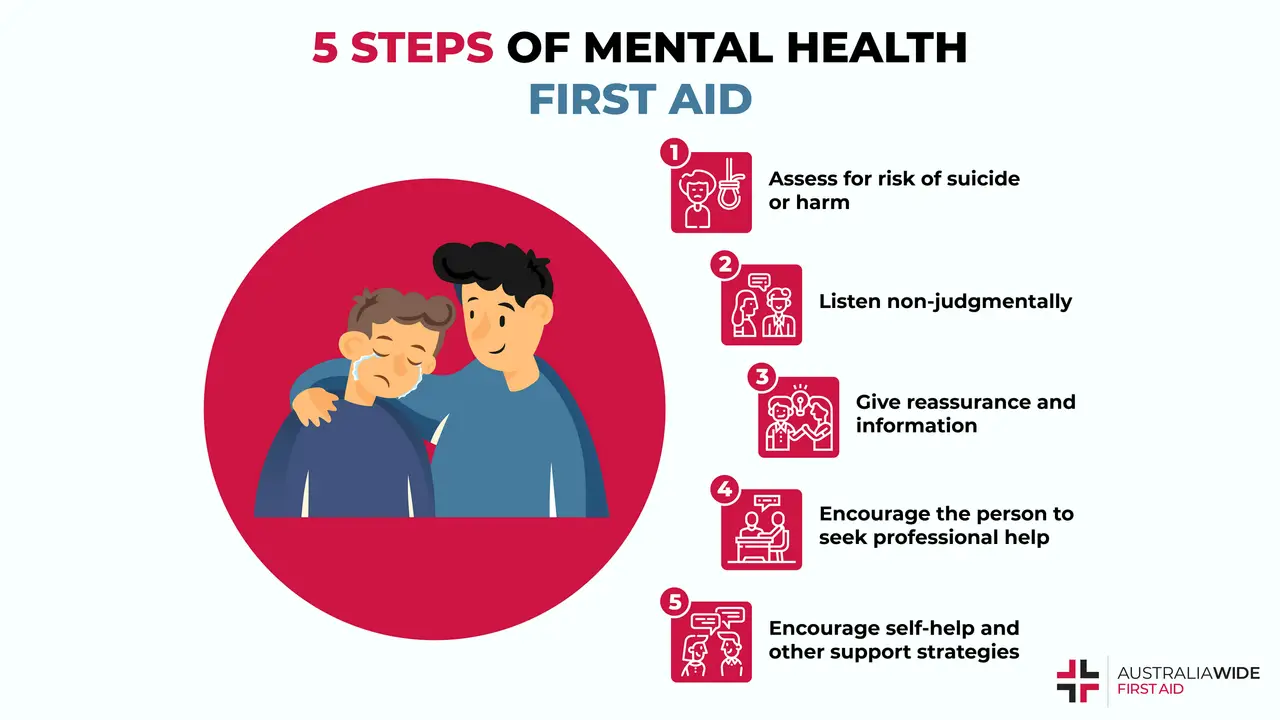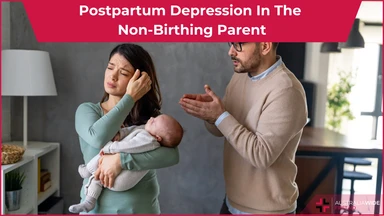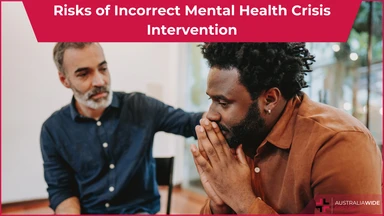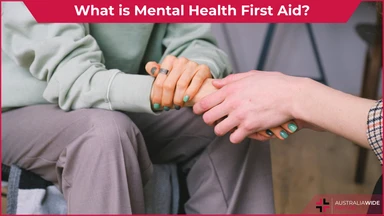The 5 Steps of Mental Health First Aid


Mental health first aid is the help provided to a person who is developing a mental health problem or in a mental health crisis.
The aim of Mental Health First Aid is to prevent the development of a more serious condition, to promote recovery and to provide support.
Mental Health First Aid is an evidence-based program that teaches members of the community how to provide initial support to adults who are developing a mental health problem or experiencing a mental health crisis.
The Mental Health First Aid program was developed in 2001 by Mental Health First Aid Australia and has been delivered to over 1 million people across Australia.
Mental health problems are common - one in five Australians will experience a mental illness in any given year. Mental health problems can range from mild to severe and can have a significant impact on a person's life.
Mental health problems are often misunderstood and there is a lot of stigma surrounding mental illness. This can make it difficult for people to seek help. Mental Health First Aid provides members of the community with the skills and knowledge to identify, understand and respond to mental health problems.
The goal of Mental Health First Aid is to promote mental health and wellbeing, and to prevent the development of mental health problems. Mental Health First Aid also aims to reduce the stigma surrounding mental illness and to encourage people to seek help early.
Mental health first aid is the help provided to a person who is developing a mental health problem, or who is in a mental health crisis. The 5 steps of mental health first aid are:
The first step in Mental Health First Aid is to assess the risk of suicide or harm. This can be done by asking the person directly if they are thinking about harming themselves, or by observing signs that may indicate that the person is at risk of harming themselves.
If you are concerned that someone may be suicidal, it is important to ask them directly if they are thinking about harming themselves. This will help to assess the level of risk and will allow you to provide appropriate support.
There are also a number of signs that may indicate that someone is at risk of harming themselves, which include:
If you are concerned that someone may be suicidal, it is important to seek professional help immediately. You can do this by calling a mental health crisis line, such as Lifeline on 13 11 14, or by taking the person to the emergency department of a hospital.
The second step in Mental Health First Aid is to listen non-judgmentally. This means listening without making assumptions or passing judgment. It is important to remember that everyone experiences mental health problems differently and there is no one right way to deal with them.
When listening non-judgmentally, it is important to:
The third step in Mental Health First Aid is to give reassurance and information. This means providing support and understanding, as well as giving accurate information about mental health problems and how they can be treated.
When giving reassurance and information, it is important to:
The fourth step in Mental Health First Aid is to encourage the person to seek professional help. This means assisting the person in making an appointment with a GP or mental health professional, and providing support and encouragement throughout the process.
When encouraging someone to seek professional help, it is important to:
The fifth step in Mental Health First Aid is to assist with the mental health problem. This means providing practical support and assistance, as well as emotional support. It is important to remember that each person will require different levels of support, depending on their individual needs.
When assisting with a mental health problem, it is important to:
Mental health first aid is an important skill to have in order to support someone experiencing a mental health crisis. Mental health crises can be unpredictable and vary in severity, so it is important to be prepared. The 5 steps of mental health first aid can help you provide support and assistance to someone in need.
If you are concerned about your own mental health or that of someone you know, it is important to seek professional help. Mental health professionals can provide support, information and treatment for mental health problems. Remember, you are not alone and help is available.
If you want to develop the confidence and know-how to assist someone in a health crisis, book a First Aid course with us today.
And to learn more about preventing, identifying, and managing the symptoms of mental health issues, check out the following articles in our Resource Library:

June 3, 2024
New parents, both birthing and non-birthing, can develop postpartum depression. Birthing parents are easily recognized as being at risk for postpartum depression; however, it is important to acknowledge that non-birthing parents are equally susceptible to experiencing postpartum depression.

May 27, 2024
In moments of mental health crises, offering support to those in distress is crucial. However, the way support is provided can impact the person's well-being and the outcome of the crisis. Incorrect support can exacerbate the situation, potentially leading to further distress and harm.

May 15, 2024
Mental health first aid involves providing initial support to someone experiencing a mental health crisis. Just as physical first aid is administered for physical health emergencies, the idea is to provide support in the moment, rather than attempt to ‘fix everything’.